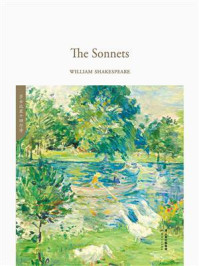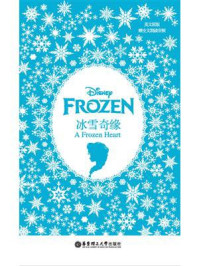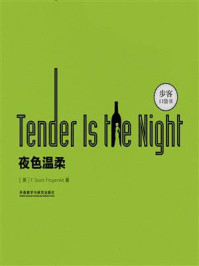




本文是一篇说明文,主要介绍了中国教师节的由来。
The history of Teachers’ Day dates back to the Han Dynasty (202 BC—220 AD). According to the record, during the Han and Jin (266 AD—420 AD)dynasties, on August 27 each year, the birthday of Confucius, the emperor would go to the Confucius’temple and pay tribute (敬意)to the ancient philosopher followed by court officials, and would also invite royal teachers to the imperial court for a banquet. On this day, teachers around the nation enjoyed a day’s vacation and were given dried meat as gifts.
The capital, all states and counties would also hold ceremonies to worship Confucius. Excellent performing teachers would be chosen from academies and learning institutions nationwide, reporting to the royal court and given 500 liang (两)silver coins as awards.
Until the Qing Dynasty, the ceremony, on August 27, was of a larger scale. The teachers’salaries in schools and academies around the nation were raised, and well-performing teachers would be awarded official titles or promoted to higher positions.
Normally, an ancient teacher’s income included salary, accommodation and festival gifts. There was no fixed tuition fee. Generally the parents paid teachers according to their household income. Both money and basic foodstuff could be paid in exchange for tuition.
In private schools, teachers always received money or gifts from the host family at certain festivals or at the beginning and end of each term.
The festivals in which teachers received gifts varied from region to region, while the most valued ones were the Duanwu, Mid-Autumn and Chinese New Year festivals, as well as Confucius’ birthday and the private tutor’s birthday.
Among all the gift-giving festivals, the first meeting gift was a must. When students met their private tutors for the first time, they had to kneel down to Confucius’spirit tablet and then to their private tutors, before presenting a “gift”.
教师节的历史可以追溯到汉代(公元前202年—公元220年)。据记载,在汉代和晋代(公元266年—公元420年),每年的八月廿七孔子生日时,皇帝会在大臣的陪同下去孔庙祭拜这位哲学家,还会邀请太傅到皇宫参加宴席。在这一天,全国各地的老师会有一天的假期,而且还会收到肉干作为礼物。
上至都城,下至城乡,人们都会举办盛大的祭奠活动来纪念孔夫子。从全国各书院和学府挑选出来的优秀教师还会上报给朝廷,将给予500两白银作为奖励。
直到清代,夏历八月廿七这天,不但祭奠孔子的规模和范围愈加宏大,还提高了各个书院、学府、监院教师的薪金,成绩卓著者在这天还会被授予职衔或者得到擢升。
一般来说,古代教师的收入包括工资、住宿和节日福利。那时的学费不是固定的,家长们根据家庭收入来交学费。银钱或者基本的生活品都可以用来抵学费。
在私塾里,每年的特定节令或者新学年开始、结束,家长为表达敬意,会送钱送礼慰问老师。
给教师敬上礼品的节日因区域不同也有差异。大多数地方在端午、中秋、春节、孔子诞辰和私塾先生生日时都有这个习俗。
所有向老师敬礼的节日中,见面礼是必不可少的。学生第一次见到私塾先生时,得先跪拜孔夫子牌位,接着跪拜老师,然后献上“礼品”。
must n. 必须做(或看、买等)的事
ceremony n. 典礼,仪式
fixed adj. 固定的
accommodation n. 住宿
tutor n. 家庭教师
The history of Teachers’ Day dates back to the Han Dynasty.
教师节的历史可以追溯到汉代。
When students met their private tutors for the first time, they had to kneel down to Confucius’spirit tablet and then to their private tutors.
学生第一次见到私塾先生时,得先跪拜孔夫子牌位,接着跪拜老师。


